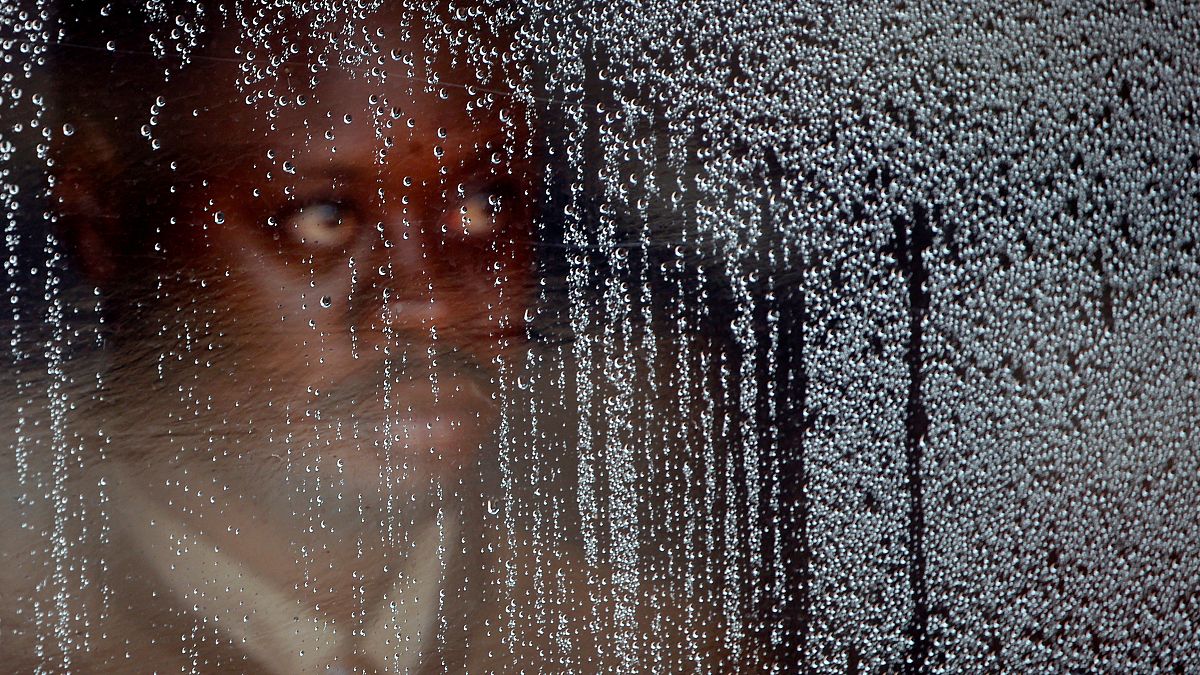The World Health Organization (WHO) determined for the third time that the Ebola outbreak in the Democratic Republic of the Congo (DRC) is not a "public health emergency of international concern".
The World Health Organization (WHO) determined for the third time that the Ebola outbreak in the Democratic Republic of the Congo (DRC) is not a "public health emergency of international concern".
WHO Secretary-General, Dr Tedros Adhanom Ghebreyesus, said the risk for cross-border spread of the disease was still very high but did not constitute a "global threat".
It does represent an emergency in DRC and the region, WHO added.
During the announcement on Friday, the acting chair of the emergency committee, Dr Preben Aavitsland, said the committee was disappointed that WHO and the affected countries "have not received the funding and resources needed for this outbreak".
"Less than one-third of the resources needed are available," WHO said.
Dr Michael Ryan, the executive director of WHO Health Emergencies Programme, said that Ugandan authorities had identified 98 contacts potentially exposed to the virus of which 10 were determined to be "high risk".
WHO said that "at-risk countries should improve their preparedness for detecting and managing exported cases, as Uganda has done".
Aavitsland said there would have been risks in declaring the outbreak a global emergency and determined that the consequences could have included "restrictions on travel and trade" and "border closures" that could "severely harm the economy in the Democratic Republic of Congo".
"This is not a global emergency," he said, but rather a "severe emergency" in the DRC.
You can watch the announcement in the video player, below.
The Ministry of Health in the DRC first declared an outbreak of Ebola in August 2018.
As of June 12, 1,411 people had died, WHO said.
There were three confirmed cases of the virus in neighbouring Uganda, all in a family who had travelled to the country from the DRC.
The Ugandan Ministry of Health said on Friday that there were no longer any confirmed cases of the virus in Uganda. Two people had already died in the country — a five-year-old boy and his grandmother.
The number of cases has significantly increased in the DRC over the last few months.
"It’s more than 2000 cases and the mortality rate is nearly 70% which is an absolute crisis," Claire Manera, a field coordinator for the international humanitarian non-profit Médecins Sans Frontières told Euronews on Thursday.
She said declaring the crisis a public health emergency would bring more resources to the area which are much needed.
Ebola is a highly contagious hemorrhagic fever that transmits through close contact with the blood faeces or vomit of someone who is sick or has died from the disease.
The early symptoms of the virus include fever, fatigue, muscle pain, headache, and a sore throat and can often be mistaken for a number of other illnesses.
Watch Euronews' Alex Morgan interview Georgetown University's Dr Alexandra Phelan in the video player above. Read more about the current outbreak of Ebola here.
